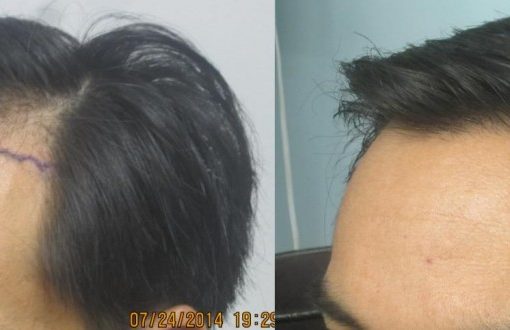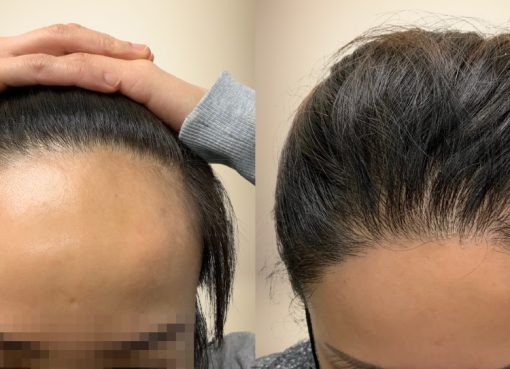Is hair loss zones really dangerous in the Philippines?

Hair loss, particularly when it occurs in specific patterns or zones on the scalp, is typically not dangerous in and of itself. However, it can be a symptom of underlying health issues or may have psychological and social impacts that affect a person’s quality of life.
1. **Underlying Health Conditions**: While most cases of hair loss are due to genetic factors or aging, in some cases, it can be a sign of an underlying health condition. Conditions such as thyroid disorders, autoimmune diseases, and nutritional deficiencies can cause hair loss. Identifying and treating the underlying cause is essential for overall health.
2. **Psychological Impact**: Hair loss, especially when it occurs in noticeable patterns, can have a significant psychological impact on individuals. It can lead to feelings of self-consciousness, low self-esteem, and even depression. The societal pressure to maintain a full head of hair can exacerbate these feelings.
3. **Social Impact**: Hair loss can also have social consequences, affecting how individuals are perceived by others. Some people may experience discrimination or bias due to their hair loss, which can impact their social interactions and professional opportunities.
4. **Quality of Life**: For many people, hair loss can significantly affect their quality of life. It can impact their confidence, self-image, and overall well-being. Some individuals may go to great lengths to conceal their hair loss, which can be time-consuming and costly.
5. **Treatment Options**: While hair loss itself may not be dangerous, some individuals may seek hair restoration treatment to restore their hair or slow down the progression of hair loss. Treatment options include medications, such as minoxidil and finasteride, as well as surgical procedures, such as hair transplantation. These treatments can be effective but may also have side effects and limitations.
6. **Impact on Daily Life**: In some cases, severe hair loss can impact a person’s daily life. For example, individuals may avoid certain social situations or activities that expose their hair loss, leading to a decrease in quality of life.
7. **Cultural and Gender Differences**: The impact of hair loss can vary depending on cultural and gender norms. In some cultures, hair loss may be more accepted or less stigmatized, while in others, it may be heavily stigmatized and lead to greater psychological distress.
In conclusion, while hair loss itself is not typically dangerous, it can have a range of impacts on an individual’s physical, psychological, and social well-being. It is important for individuals experiencing hair loss to consult with a healthcare professional to determine the underlying cause and explore treatment options. Additionally, seeking support from mental health professionals or support groups can help individuals cope with the emotional aspects of hair loss.



